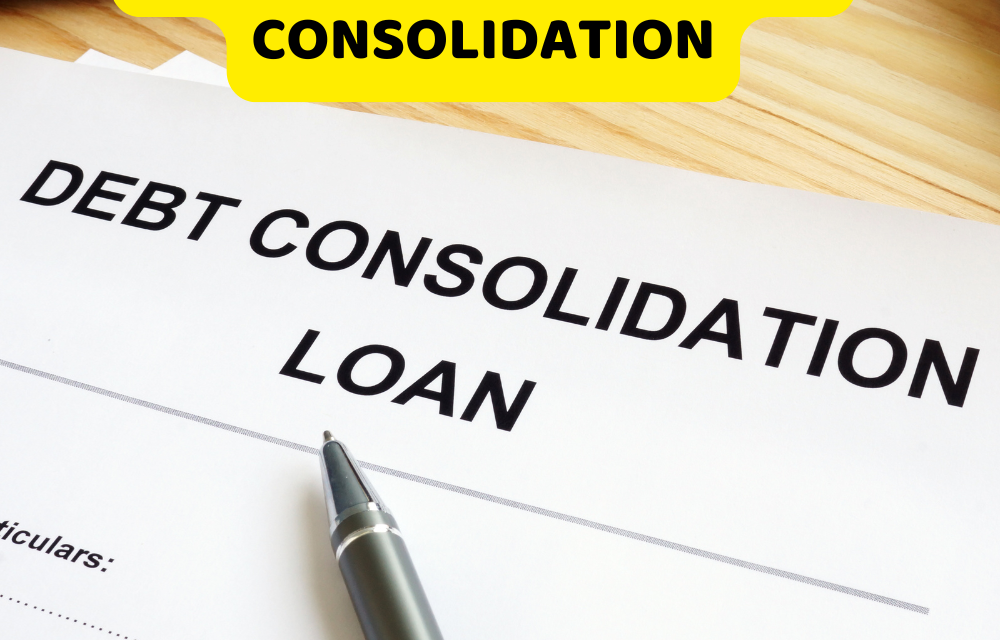Debt consolidation is a financial strategy designed to simplify debt management by combining multiple debts into a single loan. It offers the advantage of consolidating your high-interest debts, such as credit cards, into one payment plan with a potentially lower interest rate. But is debt consolidation always the best solution? This comprehensive guide will discuss the pros and cons of debt consolidation, helping you decide if it’s a good idea for your financial situation.
In this article, we’ll delve into how debt consolidation loans work, examine both the advantages and disadvantages, and explore different consolidation options. Whether you’re considering consolidating your debt through a personal loan, a home equity loan, or a credit consolidation program, we’ll help you assess whether consolidation loans are a good idea for you.
Table of Contents
ToggleWhat Is Debt Consolidation?
Debt consolidation refers to the process of combining multiple debts into a single loan with one monthly payment. This loan is typically used to pay off credit card balances, medical bills, student loans, or other high-interest debts. By consolidating, you aim to reduce the hassle of managing various payments and possibly lower your interest rates or monthly payment.
The key to consolidating debt is to obtain a loan or credit facility at a lower interest rate than what you are currently paying. This can be achieved through several types of debt consolidation loans, including personal loans, balance transfer credit cards, and home equity loans.
Types of Debt Consolidation Loans
There are several options to choose from when consolidating debt, each with its own pros and cons:
- Personal Loans: A personal loan is one of the most common ways to consolidate debt. It comes with fixed interest rates and fixed monthly payments, making it easier to manage. Personal loans can be used to pay off credit cards, medical bills, and other unsecured debts.
- Home Equity Loan or Home Equity Line of Credit (HELOC): A home equity loan uses your home as collateral. It offers lower interest rates compared to unsecured loans, but it comes with the risk of losing your home if you can’t make the payments.
- Balance Transfer Credit Card: Some credit cards offer 0% introductory interest rates for balance transfers. You can move your high-interest credit card balances onto this card and pay down the debt without accruing interest—provided you pay off the balance before the introductory period ends.
- Debt Consolidation Programs: These are offered by credit counseling agencies that help consolidate your debts into a single monthly payment plan. This is often paired with financial education and budget counseling to help manage debt in the future.

Pros of Debt Consolidation
There are several benefits to using a debt consolidation loan to manage your debts.
1. Simplified Payments
One of the biggest advantages of debt consolidation is the convenience of having only one payment to make each month. Managing multiple debts with different due dates, interest rates, and minimum payments can be overwhelming. With consolidation loans, you combine your debt into a single monthly payment, making it easier to track and budget.
2. Lower Interest Rates
High-interest debt, such as credit card debt, can take years to pay off if you only make minimum payments. Consolidating debt into a lower-interest loan can save you money over time. For example, replacing a credit card debt with a personal loan that has a lower interest rate means more of your monthly payment will go toward the principal, helping you pay off the debt faster.
3. Fixed Monthly Payments
With many debt consolidation loans, particularly personal loans, you get fixed monthly payments and a fixed interest rate. This predictability allows you to plan your budget more effectively because you know exactly how much you owe each month and when the loan will be paid off.
4. Improved Credit Score
By paying off credit cards and other high-interest debts with a debt consolidation loan, you can reduce your credit utilization ratio—the amount of credit you’re using compared to your credit limit. Lowering your credit utilization ratio can improve your credit score over time, provided you avoid running up new credit card balances.
5. Faster Debt Payoff
If your consolidation loan comes with a lower interest rate or a shorter loan term than your previous debts, you can pay off your debts faster. Additionally, the structured repayment plan associated with debt consolidation loans encourages you to make steady progress toward becoming debt-free.
6. Reduced Stress
Managing multiple debts can be stressful, particularly when you are juggling various due dates and interest rates. Consolidating your debt into one loan can alleviate the mental burden of keeping track of multiple payments and improve your financial peace of mind.
Cons of Debt Consolidation
While debt consolidation has clear benefits, it’s important to understand the potential downsides. Not everyone will benefit from consolidation loans, and in some cases, they can worsen your financial situation.
1. Upfront Costs and Fees
Many debt consolidation loans come with upfront costs, such as origination fees, closing costs, or balance transfer fees. These fees can reduce the savings you gain from consolidating, especially if the loan or balance transfer only offers marginally lower interest rates.
2. Risk of Accumulating More Debt
One of the biggest risks of consolidating debt is the temptation to accumulate more debt after paying off your original balances. Many people find themselves running up new balances on their credit cards after using a consolidation loan to pay them off. If you don’t change your spending habits, you could end up in even more debt.
3. No Guarantees of Lower Interest Rates
While the goal of consolidating debt is to obtain a lower interest rate, this isn’t guaranteed. If your credit score has declined since you first took out the debts, you may not qualify for a better interest rate, or you may only qualify for a marginal reduction in your rates.
4. Risk of Losing Collateral
If you use a home equity loan or another secured loan to consolidate your debts, your home or another asset could be at risk if you fail to make payments. Secured loans often come with lower interest rates, but they also carry the risk of foreclosure or repossession if you can’t pay back the loan.
5. Potential Impact on Credit Score
In some cases, debt consolidation can temporarily lower your credit score. Applying for new credit in the form of a loan or credit card will result in a hard inquiry on your credit report, which can cause a slight drop in your score. Additionally, closing older credit accounts after consolidating debt could shorten your credit history, which can negatively impact your credit score.
6. Longer Repayment Term
While consolidating debt can reduce your monthly payments, it could also extend the time it takes to pay off your debt. If you’re opting for lower payments through a longer loan term, you may end up paying more in interest over the life of the loan. This is one of the key debt consolidation disadvantages to consider.

Is Debt Consolidation a Good Idea?
The question, “Is consolidating debt a good idea?” depends on your personal financial situation and your ability to manage debt effectively after consolidation. Here are a few scenarios where debt consolidation loans might be a good idea:
- You have high-interest debt: If you’re carrying high-interest credit card balances or payday loans, consolidating into a lower-interest loan could save you a significant amount of money.
- You can qualify for a lower interest rate: If your credit score has improved since you initially took on debt, consolidating into a loan with better terms can help you pay off your debts faster.
- You need to simplify your finances: If managing multiple debts is overwhelming, consolidating them into a single loan with a fixed interest rate and fixed monthly payment can make your financial life easier.
On the other hand, debt consolidation may not be a good idea if:
- You’re at risk of taking on more debt: If you’ve struggled with overspending in the past, consolidating your debt might give you the illusion of financial freedom, leading to more borrowing and deeper debt.
- You can’t secure a lower interest rate: If your credit score doesn’t allow you to qualify for a better interest rate than what you’re currently paying, consolidation won’t help you save money.
FAQs About Debt Consolidation
1. What is debt consolidation?
Debt consolidation is the process of combining multiple debts into one loan or payment plan. The goal is to simplify debt management and potentially reduce interest rates.
2. Can debt consolidation improve my credit score?
Yes, consolidating debt can improve your credit score if it reduces your credit utilization ratio and helps you make timely payments. However, applying for new credit may result in a temporary dip in your score.
3. Is a consolidation loan a good idea for credit card debt?
If you’re carrying high-interest credit card debt, a consolidation loan with a lower interest rate can help you save money and pay off the debt faster.
4. What are the risks of debt consolidation?
The risks of debt consolidation include the possibility of accumulating more debt, high upfront fees, and the potential for losing collateral if you use a secured loan. You may also end up paying more in interest if the loan term is extended.
5. Are there any disadvantages of debt consolidation loans?
Yes, the disadvantages of debt consolidation loans include the risk of higher fees, a potential increase in total interest paid over time, and the possibility of accumulating more debt if spending habits don’t change.
6. Can I consolidate student loans with credit card debt?
Generally, student loans and credit card debts cannot be consolidated together. However, you can consolidate multiple student loans or multiple credit card balances separately.
7. Does debt consolidation eliminate my debt?
No, debt consolidation doesn’t eliminate your debt—it simply combines it into one loan. You’re still responsible for paying off the full amount owed, but the consolidation can make managing the payments easier.
8. Should I consider debt consolidation if I have a low credit score?
If you have a low credit score, you may not qualify for favorable consolidation loan terms. In this case, it’s essential to weigh the costs and benefits carefully before deciding whether to consolidate.
Conclusion
Debt consolidation can be a valuable tool for simplifying your financial life, reducing interest rates, and speeding up your journey to becoming debt-free. However, it’s not a one-size-fits-all solution. For those who can secure favorable terms and have the discipline to avoid accumulating new debt, consolidating debt can be a wise financial move.
On the other hand, if you can’t qualify for a lower interest rate or are at risk of falling into old spending habits, debt consolidation might not be the best choice. Before deciding, evaluate your financial situation, compare different debt consolidation loans, and consider whether this strategy aligns with your long-term financial goals.
More Common Frequently Asked Question
FAQs for Debt Consolidation
1. What is debt consolidation?
Debt consolidation is the process of combining multiple debts into a single loan, typically with a lower interest rate, to simplify repayment and reduce monthly payments.
2. How does debt consolidation work?
Debt consolidation works by taking out a new loan to pay off existing debts. This can be done through personal loans, balance transfer credit cards, or home equity loans.
3. Who is eligible for debt consolidation?
Eligibility for debt consolidation varies based on the lender’s criteria but generally requires a stable income, reasonable credit score, and existing debts that exceed manageable levels.
4. What are the benefits of debt consolidation?
Benefits include simplified monthly payments, potential lower interest rates, improved cash flow, and the possibility of becoming debt-free faster if managed correctly.
5. Are there any risks associated with debt consolidation?
Yes, risks may include accumulating more debt if spending habits do not change after consolidation, potential fees associated with loans or transfers, and possible impact on credit scores during the application process.
6. Can I consolidate secured and unsecured debts together?
While it is possible to consolidate both types of debts, it is important to understand that secured debts involve collateral which could be at risk if repayments are missed.
7. How will debt consolidation affect my credit score?
Initially, applying for a new loan may cause a slight dip in your credit score due to hard inquiries; however, successful management of consolidated payments can lead to long-term improvements in your credit profile.
8. Is professional help necessary for debt consolidation?
Professional help is not mandatory but can be beneficial; financial advisors or credit counseling services can provide tailored strategies and guidance throughout the process of managing your debts effectively.








